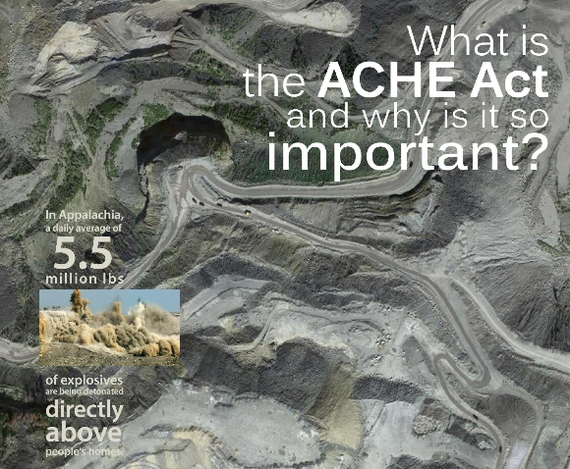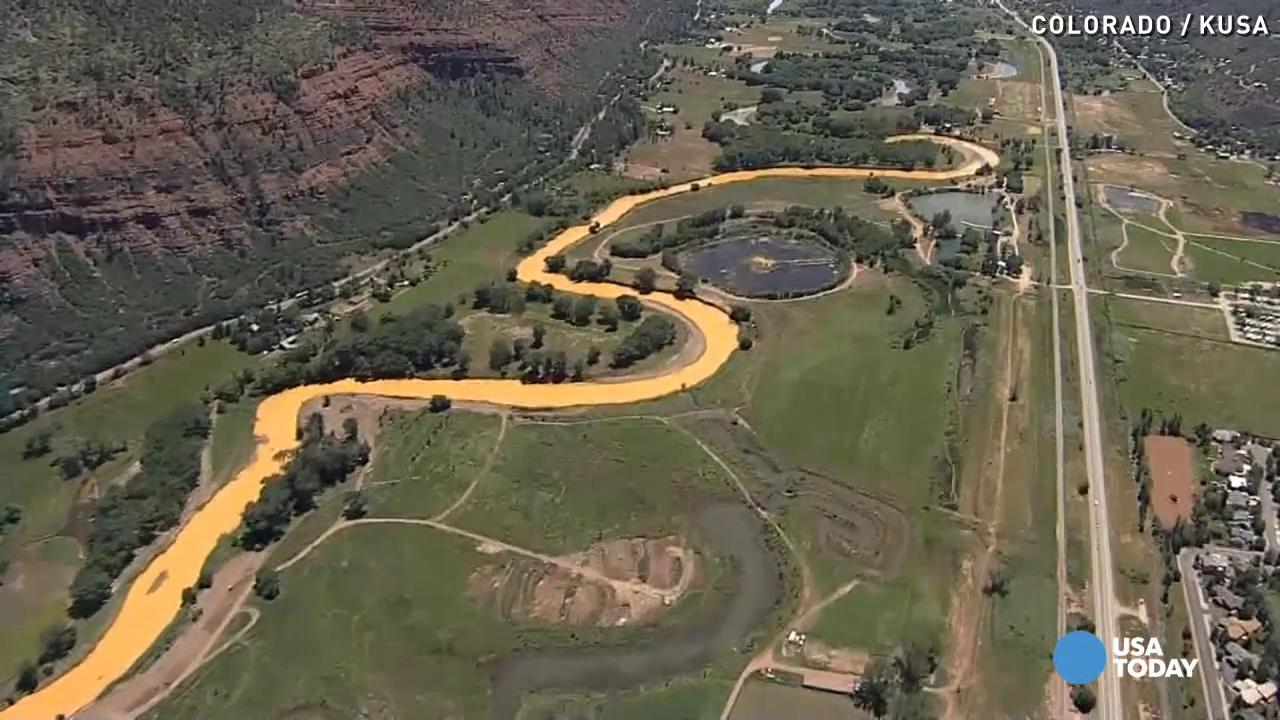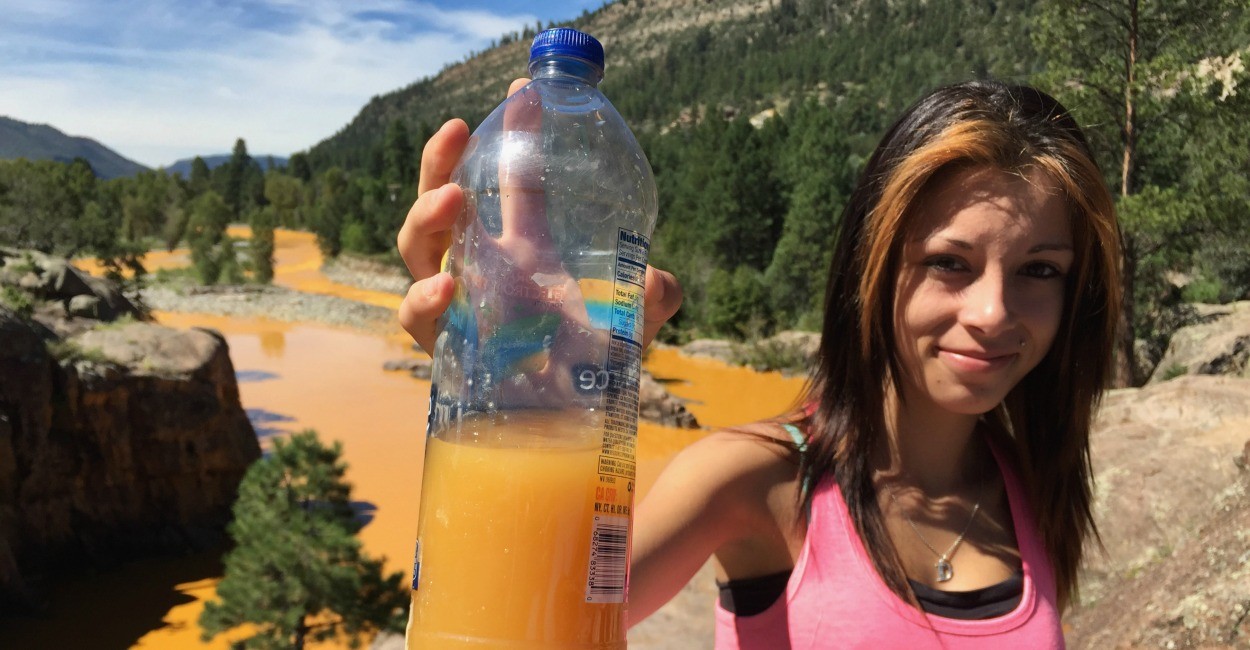Does Senate majority leader Mitch McConnell truly care about coal miners? In his latest attempt to fight all movement toward a clean economy - in theory to protect those workers - McConnell wrote an op-ed last week in the Lexington Herald-Leaderwhere he encouraged the states to rebel against federal clean power regulations. He feared, he said, that the regulations would throw "countless" coal miners out of work.
As the senior Senator from Kentucky, McConnell should absolutely worry about the coal industry. But the end of coal as an important global commodity is coming - not in the next few years, but it's coming fast. So the Senator is wasting his energies trying to stop progress and should instead help those who will be hurt by the shift.
The world's leaders and businesses are moving toward aggressive action on climate change, and fossil fuels are the main target. But even if you deny the pressing need to decarbonize the world for our own safety, health, and economic growth, coal is in trouble. The economics of renewable energy are getting better very fast - the cost of solar power has dropped 80 percent in 6 years.
A new study written by the University of Cambridge and PwC for the National Bank of Abu Dhabi (a region that has its own intense interest in fossil fuels) estimates that adding solar to the grid will cost the same as other options like coal - a point called "grid parity" - in 80% of countries in the next two years.
This seismic shift in energy economics has begun to impact the traditional infrastructure, and investors are noticing. Last year, the bank Barclays downgraded the bonds of all US utilities, citing the disruption caused by "declining cost trends in distributed solar photovoltaic (PV) power and residential-scale power storage." The bank calculated that solar was already at, or nearing, grid parity in Hawaii, California, New York, and Arizona, with more states to come.
Companies are increasingly taking advantage of these economics. A growing group of the world's biggest organizations are committing to (or are already) buying 100% of their energy from renewable power, including Apple, BT, IKEA, Honda, Nestle, Philips, SAP, Unilever, and Walmart.
At the country level, the world's biggest buyers of coal are planning for a rapid decline. The most voracious energy user, China, is planning to cap coal use by 2020and is rapidly expanding use of solar and wind power. The leading utilities around the world are not sitting still. German giant E.On is spinning off its fossil fuel assets to focus on the renewable future. And in the US, one of the largest coal burners, the utility NRG, announced a goal of cutting carbon emissions by 50% by 2030 and 90% by 2050.
Coal is in trouble, so the real question is how we handle that fact. Senator McConnell could use his considerable power to help coal miners deal with the vast economic transition that's coming for their jobs, not just protect the short-term interests of his fossil fuel industry backers.
In the US, the coal industry employs about 80,000 workers (50,000 below ground and 30,000 above). Imagine if the Senator from Kentucky created the McConnell Coal Sunset Fund, setting aside $80 billion to be spent over the next decade to help these people deal with an unstoppable economic transition. Each worker, as his or her job was eliminated, would get a $1 million fund (about 12 years of salary) to retrain them for other industries or to provide a pension for those near retirement.
Eighty billion may sound like a lot of money, and it's not a small sum, but it is only 20% of the $400 billion being spent on the ill-fated F-35 fighter plane that the military doesn't really want. But positioned as an appropriate "thank you" to an industry that helped the country and the world move into modern times, the fund would be hard to vote against.
Coal has no future in the U.S. - virtually none of the new energy capacity added to the grid in 2014 was coal-based (and 53% came from solar and wind). We have to deal with the reality that coal will disappear - it's not a matter of if, but when. Economic shifts are not nice to those working in the older technologies, but we can ease the transition.
More: Coal Is Dying: So What Should Sen. McConnell Really Do for Miners? - Andrew Winston
Carbon-based fuels will soon be a thing of the past. McConnell must be honest about this reality.
As the senior Senator from Kentucky, McConnell should absolutely worry about the coal industry. But the end of coal as an important global commodity is coming - not in the next few years, but it's coming fast. So the Senator is wasting his energies trying to stop progress and should instead help those who will be hurt by the shift.
The world's leaders and businesses are moving toward aggressive action on climate change, and fossil fuels are the main target. But even if you deny the pressing need to decarbonize the world for our own safety, health, and economic growth, coal is in trouble. The economics of renewable energy are getting better very fast - the cost of solar power has dropped 80 percent in 6 years.
A new study written by the University of Cambridge and PwC for the National Bank of Abu Dhabi (a region that has its own intense interest in fossil fuels) estimates that adding solar to the grid will cost the same as other options like coal - a point called "grid parity" - in 80% of countries in the next two years.
This seismic shift in energy economics has begun to impact the traditional infrastructure, and investors are noticing. Last year, the bank Barclays downgraded the bonds of all US utilities, citing the disruption caused by "declining cost trends in distributed solar photovoltaic (PV) power and residential-scale power storage." The bank calculated that solar was already at, or nearing, grid parity in Hawaii, California, New York, and Arizona, with more states to come.
Companies are increasingly taking advantage of these economics. A growing group of the world's biggest organizations are committing to (or are already) buying 100% of their energy from renewable power, including Apple, BT, IKEA, Honda, Nestle, Philips, SAP, Unilever, and Walmart.
At the country level, the world's biggest buyers of coal are planning for a rapid decline. The most voracious energy user, China, is planning to cap coal use by 2020and is rapidly expanding use of solar and wind power. The leading utilities around the world are not sitting still. German giant E.On is spinning off its fossil fuel assets to focus on the renewable future. And in the US, one of the largest coal burners, the utility NRG, announced a goal of cutting carbon emissions by 50% by 2030 and 90% by 2050.
Coal is in trouble, so the real question is how we handle that fact. Senator McConnell could use his considerable power to help coal miners deal with the vast economic transition that's coming for their jobs, not just protect the short-term interests of his fossil fuel industry backers.
In the US, the coal industry employs about 80,000 workers (50,000 below ground and 30,000 above). Imagine if the Senator from Kentucky created the McConnell Coal Sunset Fund, setting aside $80 billion to be spent over the next decade to help these people deal with an unstoppable economic transition. Each worker, as his or her job was eliminated, would get a $1 million fund (about 12 years of salary) to retrain them for other industries or to provide a pension for those near retirement.
Eighty billion may sound like a lot of money, and it's not a small sum, but it is only 20% of the $400 billion being spent on the ill-fated F-35 fighter plane that the military doesn't really want. But positioned as an appropriate "thank you" to an industry that helped the country and the world move into modern times, the fund would be hard to vote against.
Coal has no future in the U.S. - virtually none of the new energy capacity added to the grid in 2014 was coal-based (and 53% came from solar and wind). We have to deal with the reality that coal will disappear - it's not a matter of if, but when. Economic shifts are not nice to those working in the older technologies, but we can ease the transition.
More: Coal Is Dying: So What Should Sen. McConnell Really Do for Miners? - Andrew Winston
Carbon-based fuels will soon be a thing of the past. McConnell must be honest about this reality.
Last edited:




